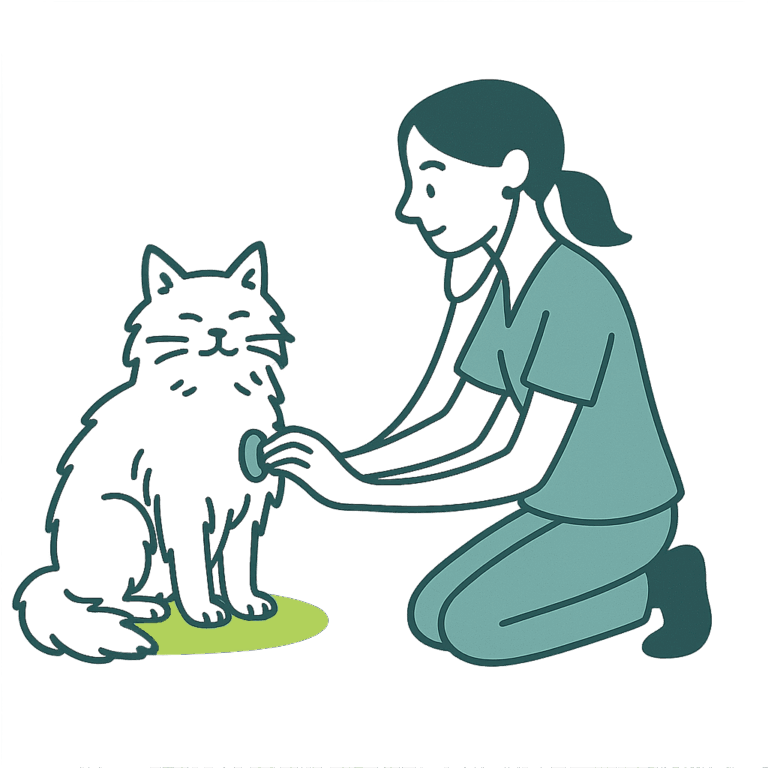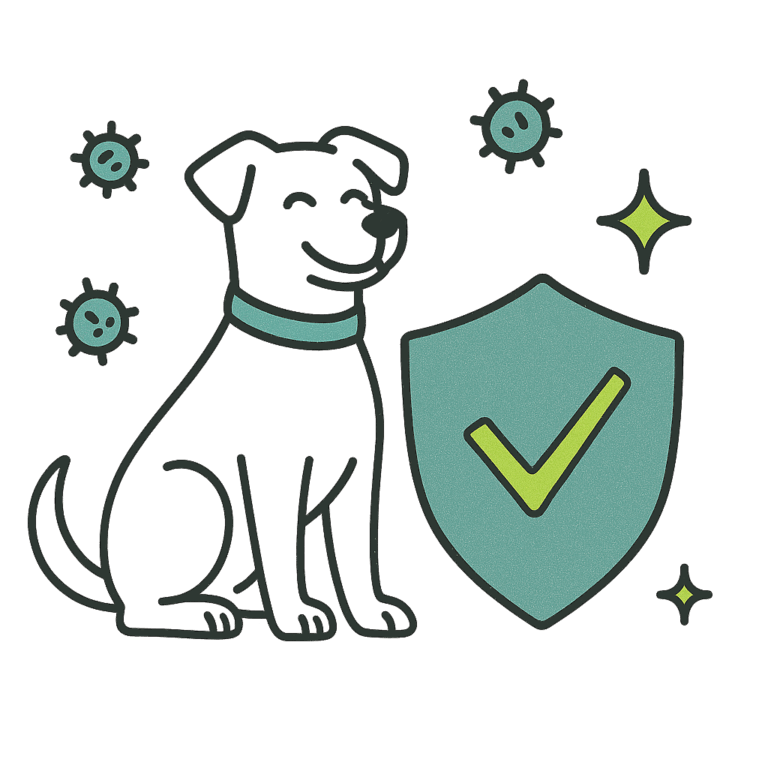Home Visits
Urgent veterinary care
at your doorstep
Aluna bridges the gap between primary veterinary care and the emergency room, offering urgent medical care for your sick or injured pet in the comfort and convenience of your own home.
Schedule a visit:
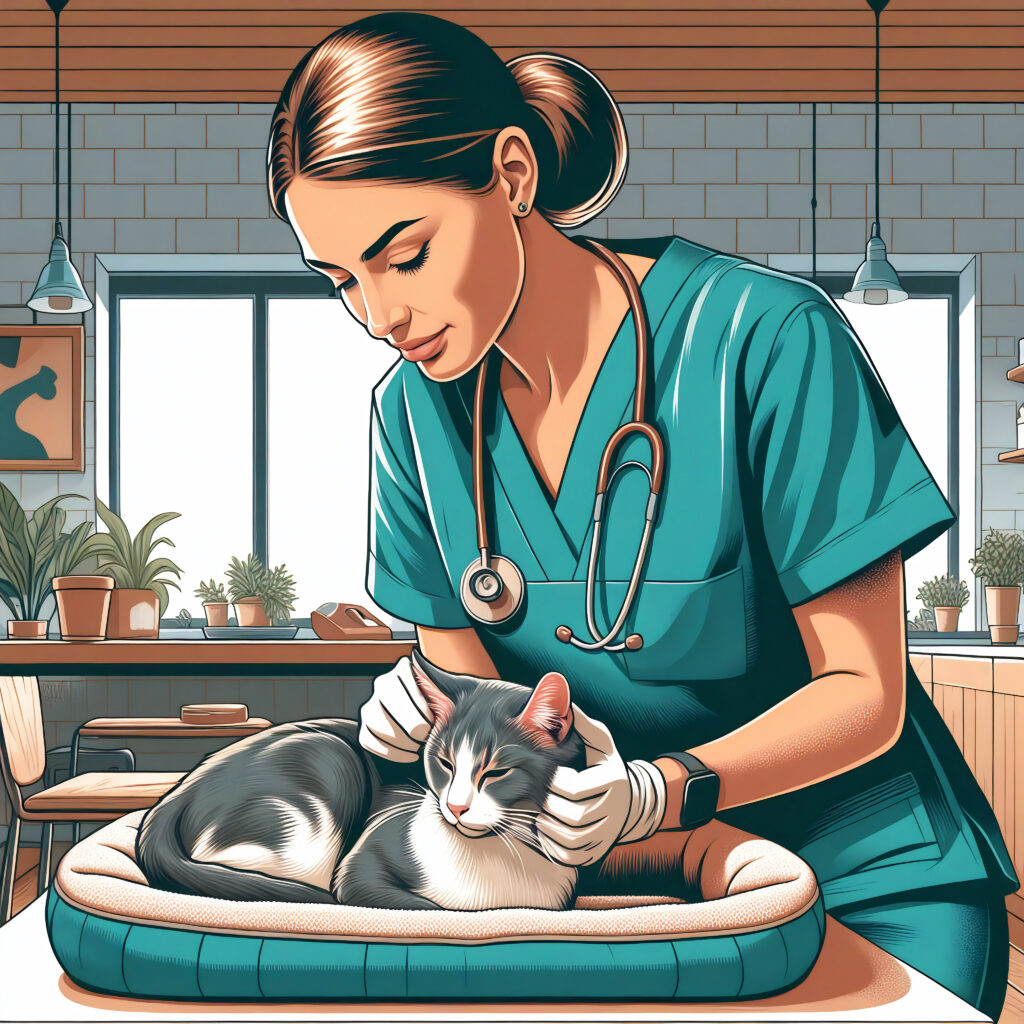
end-of-life services
Honoring the bond,
the life, and the love
With Aluna, you can plan for your pet’s passing and honor their life in a way that is special, peaceful and stress-free. Our services are highly individual and designed to pay tribute to the unique bond between you and your beloved animal companion.
Schedule a visit:
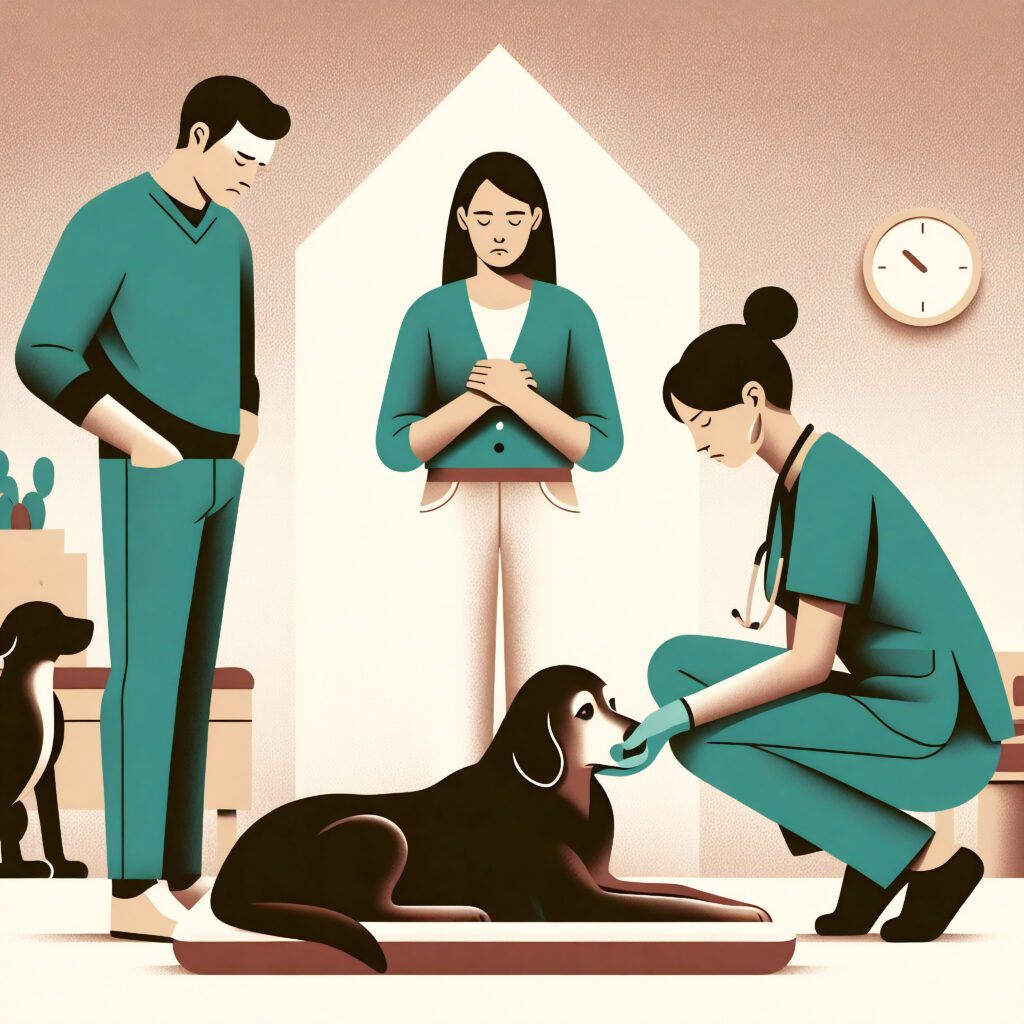
Emergency transport
Veterinary Ambulance:
The First Of It’s Kind.
Our state of the art, custom-built veterinary ambulance is designed for comfortable transportation and fully equipped for comprehensive emergency medical care of companion animals.
Schedule a visit:
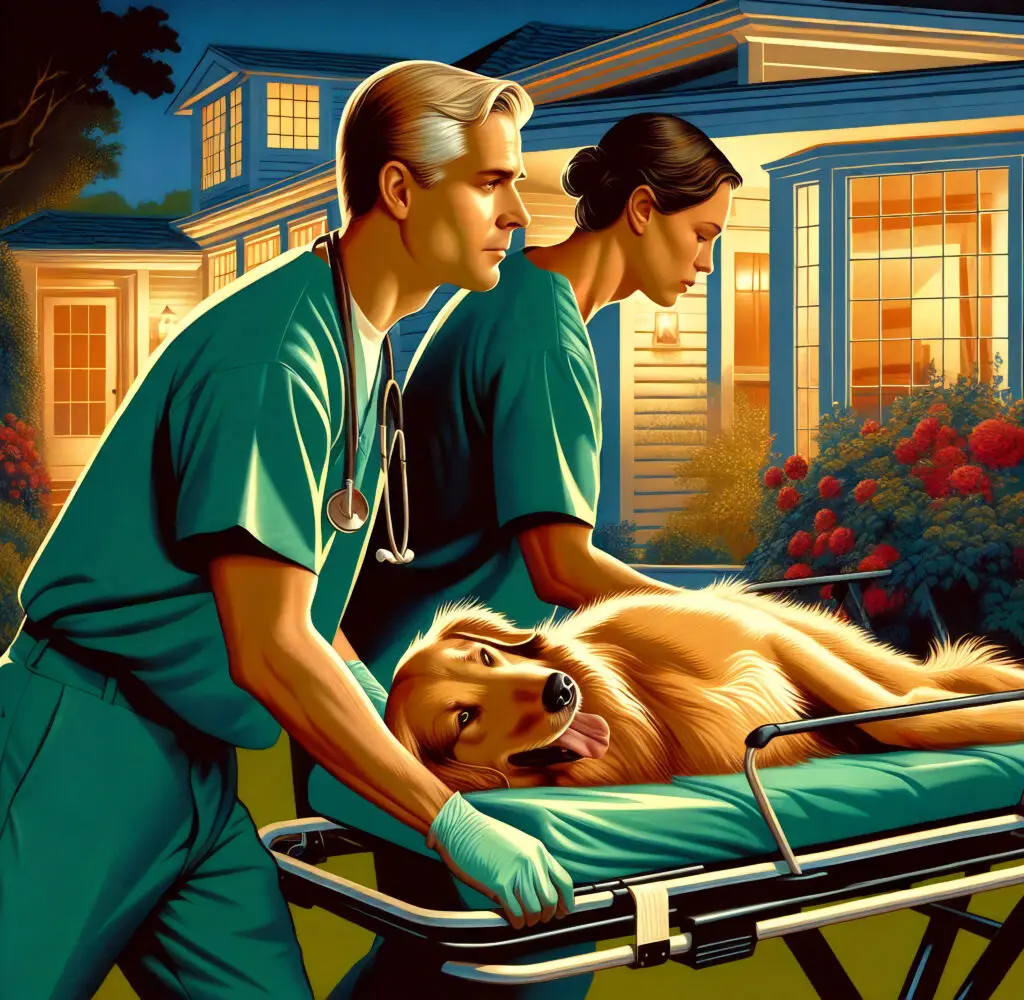
Convenient, stress-free visits
Quality care at lower costs
Risk free environment
Home Visits
Our mobile veterinary team is fully equipped to treat non-life-threatening health issues with compassion and care—helping your pet feel better without leaving the comfort of home.
We offer same-day vet visits on first come first served basis.
Issues
Illness
Injuries
Chronic Deseases
Hospice Care
End-Of-Life
Issues
From mild skin irritations and ear infections to minor limping, eye discharge, or upset stomach, we can assess and treat these concerns right in the comfort of your home. This approach not only saves time but also helps keep your pet calm and comfortable while receiving the care they need.
Not Eating/Drinking
A decreased interest in food or water is often the first sign of pain, nausea, or other underlying issue in animals, and should not be ignored. If your pet has missed more than one meal or is not drinking any water, we can help determine the cause and get your pet feeling better as soon as possible.
Anal Glands Issues
Anal glands are small scent glands located on either side of the rectum and produce a strong-smelling liquid that animals use to communicate with one another. Proper functioning involves emptying these glands during defecation, and if this does not occur than issues such as inflammation, impaction, or infection can develop. Our team can offer effective treatments as well as advice on preventative care to keep your pet healthy and comfortable at home.
Behavioral Changes
Any sudden change in behavior, such as hiding, whining excessively, vocalizing, or becoming aggressive can be an indication of an underlying issue such as stress, pain or illness. Our team can help determine the underlying cause and provide necessary care.
Foreign Object Ingestion
Toys, bones, socks—pets can swallow surprising things! If you notice vomiting, appetite loss, drooling, or trouble passing stool, it could signal a blockage.
Diagnosis may require X-rays or ultrasound, and treatment can involve inducing vomiting, endoscopy, or surgery. Pain relief and close monitoring help ensure a smooth recovery.
Anxiety
Minimizing stress and anxiety is essential for a healthy life, and our team is trained in managing anxiety both behaviorally and medically. We can help with general issues as well as specific problems such as storm anxiety, fear aggression, and stress related to veterinary visits.
Lumps & Bumps
Any new lump or bump that pops up on your pet should be evaluated and monitored. Our team can determine whether additional treatment is necessary after performing an examination and a fine needle aspirate or biopsy of the mass in the comfort of your own home.
Skin Irriitation
Skin irritation can result from allergies, parasites, infections, or environmental factors. It often appears as redness, itching, rashes, or hair loss. We will examine the skin, identify the underlying cause, and may perform skin scrapings or allergy tests. Treatment can include topical creams, medicated shampoos, oral medications, or dietary changes to relieve symptoms and prevent recurrence.
Ear infections
Ear infections are common and often caused by bacteria, yeast, allergies, or moisture buildup. Signs include head shaking, scratching, redness, odor, or discharge from the ear. We will examine the ear, possibly take a swab for testing, and clean the ear canal. Treatment typically includes medicated drops or ointments, and in some cases, oral medications. Prompt care helps relieve discomfort and prevent chronic issues.
Eye discharge
Eye discharge can be caused by allergies, infections, blocked tear ducts, or foreign objects. It may appear as clear, yellow, or green buildup around the eyes and can be accompanied by redness or squinting. We will examine the eye, check for underlying causes, and may perform a tear test or eye stain. Treatment typically includes eye drops or ointments, and in some cases, oral medication to reduce infection or inflammation.
Illness
Whether your pet is experiencing symptoms like vomiting, lethargy, appetite loss, or coughing, our mobile team can will offer diagnostics, medications, and personalized care plans—right in your home—making it simpler to keep your pet calm, supported, and on the path to recovery.
Vomiting or Diarrhea
Gastrointestinal symptoms can be caused by a variety of illnesses, ranging from an upset stomach to more serious issues such as bowel obstruction, infection, or liver or kidney disease. Therefore it’s always important to consult a veterinarian if you see vomiting or diarrhea to determine the next best steps for your pet.
Excessive Drinking/Urination
If your pet seems to have an unquenchable thirst, or is waking you up at night to go to the bathroom, they could have an underlying problem such as kidney disease, urinary tract infection, or a metabolic issue. We can perform an examination and necessary diagnostics to help determine the cause.
Poison or Toxin Ingestion
Immediate intervention is necessary whenever a pet has ingested or been exposed to a toxic or harmful substance. Our team can perform decontamination procedures such as inducing vomiting and administering activated charcoal, as well as provide fluid therapy, medications, and supportive care, . For cases that need more intensive care and monitoring, we can provide transport to the nearest emergency facility.
Allergic Reactions
Allergic reactions are common and can be due to bee stings, insect bites, environmental allergens, or even vaccinations. Most allergic reactions cause localized swelling and discomfort but in rare instances a more severe reaction called “anaphylaxis” can occur, leading to vomiting, diarrhea, collapse, trouble breathing, and/or shock. Our team will determine the severity of the situation and appropriate treatment plan for your pet.
Coughing/Labored Breathing
A cough or changes in your pet’s breathing pattern can be a sign of a serious underlying issue such as heart or lung disease. Our team can perform preliminary tests such as oxygen saturation, blood pressure, and focused ultrasound, and can also provide transport to a nearby emergency facility with oxygen support along the way as needed.
Urinary Tract Problems
Our team can help to identify and manage most urinary tract problems in the home with our portable ultrasound and laboratory testing. We can also provide emergency urinary catheter placement. In the event that your pet needs a referral for more intensive care or to see a specialist, we can provide transport and help you navigate the next steps.
Weight-Bearing Lameness
Whether your pet is suffering from a sudden soft tissue sprain or chronic arthritis, we can help to localize the problem and provide pain relief and a treatment plan.
Depending on findings during exam, we may recommend x-rays or other imaging to rule out fractures or joint problems.
Treatment typically includes rest, anti-inflammatory medications, and sometimes joint supplements or cold laser therapy. Most cases improve with conservative care, though persistent lameness may need further diagnostics or referral to a specialist.
Abscess
An abscess is a painful pocket of pus, usually caused by a bacterial infection from a bite or injury. If untreated, it can lead to discomfort, delayed healing, and systemic illness. Treatment includes draining the abscess, cleaning the area, and prescribing antibiotics and pain relief. In some cases, a temporary drain is placed. Aftercare may involve cleaning, activity restriction, and using an e-collar to prevent licking.
Back Pain
Back pain can not only seriously impact your pet’s quality of life and may be a sign of underlying spinal disease that, if left untreated, could lead to neurologic deficits and trouble walking. Our team can assess the severity of your pet’s condition, provide pain management, and determine whether your pet requires more intensive care or evaluation by a specialist.
Injuries
Aluna veterinary team can assess, treat, and manage a wide range of non-emergency injuries—providing services like wound cleaning, bandage changes, pain management, and follow-up care—helping your pet heal comfortably at home.
Cuts and Lacerations
Cuts and lacerations in pets are open wounds from sharp objects, rough surfaces, or bites—often causing bleeding, swelling, or limping.
We provide prompt care to prevent infection and support healing. Treatment may include cleaning, removing debris, stitches or bandaging, and medications for pain and infection. Deep wounds may require sedation, and follow-up ensures proper recovery.
Foxtails
Foxtails are spiked seed clusters from wild grasses, common in California and the western U.S. They can enter through the nose, mouth, ears, eyes, or penetrate the skin, causing wounds or abscesses. Left untreated, they may migrate into vital organs. If you suspect a foxtail injury, we can assess and often remove it on-site.
Tail Injuries
Tail injuries in pets can result from trauma such as being stepped on, caught in doors, or pulled during play, and may lead to bruising, cuts, fractures, or nerve damage. Symptoms include swelling, bleeding, pain, or a limp or unresponsive tail. Medical treatment depends on the severity of the injury—minor wounds may only require cleaning, bandaging, and pain relief, while more serious injuries could need X-rays, antibiotics, or even surgery if there’s a fracture or severe tissue damage. In cases of nerve injury, long-term management or tail amputation may be considered to ensure the pet’s comfort and quality of life.
Toenail Injuries
Toenail injuries in pets are common and often occur when a nail gets caught on carpet, furniture, or rough surfaces, leading to cracks, breaks, or torn nails. These injuries can be painful and may cause bleeding, limping, or excessive licking.
Our team will assess the damage, trim or remove the damaged portion, and clean the area to prevent infection. In some cases, bandaging, pain relief, and antibiotics are prescribed. Follow-up care may include keeping the nail protected and monitoring for regrowth or signs of further irritation.
Paw Pad Injuries
Paw pad injuries in pets are common and can be caused by sharp objects, hot pavement, rough terrain, or chemical exposure. These injuries may appear as cuts, abrasions, burns, or punctures, often leading to limping, licking, bleeding, or visible discomfort. Veterinary treatment typically involves cleaning the wound, applying antiseptics or topical antibiotics, and bandaging to protect the area while it heals. Pain relief may be prescribed, and pets are often advised to rest and avoid walking on hard surfaces. In more serious cases, sutures or additional wound care may be needed to prevent infection and promote proper healing.
Burns and Scalds
Veterinary treatment for burn injury depends on the burn’s severity. The area is typically cleaned and cooled, and pain relief and antibiotics are provided to prevent infection and manage discomfort. In more serious cases, wound dressings, fluid therapy, or even surgical care may be required.
Follow-up is essential, as burns can worsen over time and may require ongoing wound management and monitoring.
Bites and Stings
Bites and stings in pets—often from insects or other animals—can cause swelling, pain, redness, or itching. Severe reactions may lead to hives, vomiting, or breathing issues.
Treatment depends on severity. Mild cases are managed with antihistamines or pain relief, while serious reactions may need steroids, injections, or oxygen. Animal bites are cleaned and may require antibiotics or stitches to prevent infection and support healing.
Snake bites
Snake bites in pets can be serious and potentially life-threatening, especially if the snake is venomous. Common signs include sudden swelling around the bite site (often the face or legs), pain, bruising, lethargy, drooling, and in severe cases, difficulty breathing or collapse. Immediate veterinary attention is crucial. Treatment typically involves pain management, intravenous fluids, antihistamines, and in venomous cases, antivenin to counteract the effects of the toxin. The wound is also monitored for infection, and supportive care is provided to stabilize the pet’s condition and aid recovery.
Chronic Deseases
Chronic conditions like allergies, arthritis, diabetes, kidney disease, and slow-healing wounds require ongoing care and often develop gradually with subtle signs like fatigue or increased thirst. Managing these at home will ease your pet’s stress and save you time.
Bloodwork
Bloodwork is key to managing chronic conditions in pets, helping monitor disease progression, track treatment effectiveness, and catch issues early. For conditions like diabetes, kidney disease, or thyroid disorders, regular testing ensures care plans stay on track and supports a better quality of life.
Fluid Therapy
Fluid therapy is crucial for pets with chronic conditions like kidney disease or severe dehydration, as it helps maintain proper hydration, support organ function, and flush out toxins. It can ease symptoms, improve energy levels, and enhance overall comfort. Regular fluid therapy, especially when done at home, plays an important role in managing illness and supporting your pet’s long-term health.
Bandage Changes
For pets with slow-healing or recurring issues, consistent bandage care is key to maintaining comfort and preventing complications. Keeping bandages clean and properly applied helps prevent infection, promotes faster healing, and allows for ongoing assessment of the wound.
Injections
Injections are essential for managing chronic conditions like diabetes, arthritis, or vitamin deficiencies, delivering fast, effective relief. They help control symptoms, reduce discomfort, and support long-term stability, greatly improving your pet’s quality of life.
Nutritional support
Many pets with chronic disease such as kidney failure, cancer, or liver disease can benefit from a nutritional plan that is tailored to their specific caloric and health needs.
Hospice Care
We understand how difficult end-of-life decisions can be, and we’re here to support you every step of the way.
If your pet has a terminal illness or declining health, hospice care can help keep them comfortable and give you time to prepare for a peaceful goodbye.
Pain management
Issues such as osteoarthritis and back pain can have a profound impact on your pet’s quality of life, but there are treatments available to keep your pet comfortable and active for longer.
Wound and Skin Care
Wound and skin care is an important part of hospice care for pets, especially those with limited mobility, pressure sores, or external tumors. The goal is to keep the skin clean, protected, and comfortable to prevent infection and reduce pain. This may involve gentle cleaning, applying topical medications, and regularly changing bandages to promote healing and reduce irritation. In hospice settings, these treatments are done with extra care and compassion to ensure your pet stays as comfortable and relaxed as possible.
Nutritional support
Nutritional support in hospice care plays a vital role in maintaining your pet’s strength and comfort during their final stage of life. As appetite may decrease due to illness or medications, care may include offering highly palatable or easily digestible foods, using appetite stimulants, or providing assisted feeding when necessary. The focus is not on strict diets but on ensuring your pet receives enough nourishment to feel comfortable and supported.
This service offer a individual nutritional plan that is tailored to your pet specific caloric and health needs.
Breathing Support
Breathing support in hospice care is focused on easing respiratory discomfort and improving quality of life for pets with conditions like heart disease, lung tumors, or fluid buildup. Treatments may include medications such as bronchodilators, corticosteroids, or diuretics to reduce inflammation and ease breathing. In some cases, oxygen therapy can be provided at home to help your pet breathe more comfortably. The goal is to minimize distress, keep your pet calm, and ensure they feel as relaxed as possible in their familiar environment.
Hydration therapy
Treating chronic issues such as kidney disease, gastrointestinal issues, or pancreatitis with routine fluid therapy can help maintain hydration and electrolyte balances and keep your pet feeling good for longer.
Anti-emetic treatment
Nausea can be a debilitating side effect of many chronic or end stage diseases, as well as a side effect of certain medications administered for chronic disease. There are, however, many medical options for managing nausea and improving your pet’s quality of life.
Chest or abdominal centesis
Certain chronic diseases such as cancer or heart disease can lead to a recurrent accumulation of fluid within the abdomen or chest, and pets may benefit from routine procedures to remove this fluid.
Preparation for end-of-life transition
If the time has come where your pet’s quality of life is deteriorating and we have exhausted all possible hospice care options, we will be there for you to discuss next steps.
End-Of-Life
Aluna’s at-home euthanasia prioritizes two things: your pet’s comfort and your family’s needs. While the veterinary team ensures a peaceful passing, an end-of-life doula offers holistic support, including guidance, education, and grief care.
Quality of Life Exam
Considering at-home euthanasia but unsure if it’s the right time? A Quality of Life Consultation can help. During this visit, a veterinarian will examine your pet, review their medical history, and discuss any questions or concerns. By the end, you’ll have clarity on whether to continue hospice care, allow natural passing, or move forward with humane euthanasia.
Traditional Euthanasia
Our compassionate at-home euthanasia service, led by a licensed veterinarian and supported by an end-of-life doula, is designed to create a peaceful experience for both you and your pet. The doula helps guide the process with care and intention—offering emotional support, helping with meaningful rituals, and ensuring the environment feels calm and respectful. This approach allows your pet to pass gently in the comfort of home, surrounded by love, while giving you and your family the space and support needed to say goodbye in a way that feels right for you.
Personalized Euthanasia
Personalized at-home euthanasia ceremony is designed to honor your pet’s life in a peaceful and meaningful way. Guided by an experienced end-of-life doula, the service offers emotional support, gentle planning, and thoughtful touches that reflect your pet’s unique bond with your family. Whether you envision a quiet, intimate farewell or a more celebratory gathering, the doula will help create a calm, comforting space tailored to your wishes. This approach allows your pet to pass in familiar surroundings, surrounded by love, while offering you and your family the time, support, and care needed to say goodbye with intention and grace.
Aftercare Options
We offer Aquamation as a gentle, environmentally friendly alternative to traditional cremation.
Also known as “water-based cremation” aquamation uses a natural process that closely resembles the body’s own decomposition, with no flames or harmful emissions. It’s a cleaner, greener choice that returns more remains compared to traditional cremation.
We partner with a small, family-owned local business to offer both individual aquamation—with remains returned in the urn of your choice—and communal aquamation. To learn more, please visit our trusted partner, Peaceful Pets Aquamation.
